Long Live Pride!
It’s the end of Pride Month! The corporations that seek to drain ‘pink [insert currency]’ out of the LGBT+ community will soon be quietly changing their rainbow-infused social media icons back to their standard fare. I can finally stop being frustrated when I see banks, government institutions that deport gay men to imprisonment in their home countries, and companies that donate millions to anti-gay politicianssport online rainbow colours that they have no right to.
The rainbow flag (also known as the pride flag) is a symbol of activism, pain, liberation, and joy. The original flag (now displayed at the MoMA) was created and sewn in the 1970s by Gilbert Baker, a gay man who was challenged by Harvey Milk to create a symbol of pride for the gay community. The flag was originally comprised of eight coloured stripes, each with a specific meaning for the LGBT+ community. Over the years the flag has changed from the original eight colours in order to cut down on printing costs. It has also changed to become more inclusive with a black stripe and a brown stripe being added to the top of the flag for Philadelphia’s Pride celebrations in 2017 to acknowledge and celebrate the contributions of people of colour to the community. Personally, I adore the rainbow flag, and it’s a symbol I’ve come to love more and more as I’ve grown into my identity as a lesbian. With its vibrancy and joy in mind I’m rounding out Pride Month with a rec list of some of the best LGBT+ music, film, television, fiction, and non-fiction, each one inspired by the meanings of the 2017 Philadelphia flag.
BLACK – Bessie (film)
Bessie (2015) follows the legendary true story of Bessie Smith, a black and bisexual blues singer in 1920s America. Queen Latifah plays the titular role and the story follows Bessie’s difficult rise to fame and her subsequent huge success despite the difficulties she faces as a black woman in an industry and country controlled by white men. The film has a dazzling awards cabinet, including four Emmys and a Screen Actor’s Guild Award. It’s wonderful, powerful, and I can’t recommend it enough.
BROWN – POSE (tv)
If you’re not watching FX’s POSE then what are you doing? Currently in its second season, this firebrand of a show is based on the world of black and Latinx ball culture in New York City, heavily inspired by the 1990 documentary Paris is Burning. Partially produced, written and directed by transgender women, this show is a milestone and such a glorious one to watch thrive.
RED – Pride (film)
I chose to interpret the meaning ‘life’ as ‘life-affirming’ and I can think of nothing more life-affirming than Pride (2014). This film follows the true story of the London group Lesbians and Gay Support the Miners raising money for the miners of Dulais, Wales during the miner’s strike between 1984 and 1985. When I recommend it to people I tell them that I started crying five minutes into the film, hardly stopped during it, then immediately started watching it again once it had finished. It’s a glorious tribute to British history and gay culture, and the final five minutes may be some of the most life-affirming minutes you’ll ever experience.
ORANGE – Body Counts: A Memoir of Activism, Sex, and Survival, Sean Strub (non-fiction)
In the pride flag, the colour orange represents healing. The AIDS crisis has made a mark on our community that I doubt will ever be healed. However, the voices of people that have experienced this crisis are a power and a healing in themselves. Body Counts is a deeply moving and powerful story of the activism of ACT UP and the personal story of the author. Anyone who wants to delve into a highly emotional and painfully necessary book should pick up this memoir. We are nothing without our history.
YELLOW – Aristotle and Dante Discover the Secrets of the Universe, Benjamin Alire Sáenz (fiction)
Yellow brightens up the centre of the pride flag with sunlight. To me, sunlight means happiness. Aristotle and Dante is a little gem of happiness, peppered with the pain, wit, and giddiness of classic coming-of-age novels. Awarded the Stonewall Book Award, Michael L. Printz Award, and Pura Belpré Author Award in 2013, this novel deserves every inch of praise it has garnered in critical circles and across the internet since it was published. It’s a sweet story and one that holds a very dear place in my heart. If you haven’t read it then I can’t urge you enough to pick up a copy to bring a little sunshine into your summer reading.
GREEN – Pages for You, Sylvia Brownrigg (fiction)
I’ll be honest, I was a little stuck when it came to green and the meaning of ‘nature’ that comes with it. I’ve decided to take it as a free pass for me to recommend anything that I want, it’s in my nature. So, may I introduce to you Pages for You, a novel I inhaled over a day at the (cold, stony) beach last summer. It follows the intense upswing and eventual crash-landing of a relationship between a university student and an older woman (insert shocked gasp). It’s fun, a little silly, and not exactly winning a Pulitzer but it’s a good book for when you don’t have a book to read.
BLUE – Shura (singer)
Blue represents serenity, a calming colour of peace and tranquillity. For this colour I’ve chosen the music of Shura. You might remember Shura from her single What’s It Gonna Be from 2016 along with the fun, light-hearted music video. She identifies as a lesbian and hails from close to my home town in Manchester, England. Her music represents this colour beautifully as it’s a synthy/poppy dream with tinges of melancholy, peaceful yet delightful. Plus, she’s releasing a new album titled Forevher, scheduled for 16th August 2019.
VIOLET- Rafiki (film)
Violet represents spirt. Spirit, to me, is the essence of a person, everything that makes someone alive and present within our world, and a beautiful way to taper off the pride flag. I can’t think of a better way to end this list than with a film that celebrates the spirit of love, longing, and tenderness in gay relationships. Rafiki (2018) is a film set in Kenya where homosexuality is illegal. Two girls fall in love and the story follows their relationship as they are drawn together and then forced apart. The film itself is beautifully crafted and should rightfully take its place in the hall of fame for LGBT+ cinema that’s actually good.
Eliza Campbell is Culture Editor of the Attic on Eighth. When she’s not reading, writing, or in a rehearsal room, she loves to sit in galleries, libraries, and coffee shops listening to period drama soundtracks and watching the world go by.










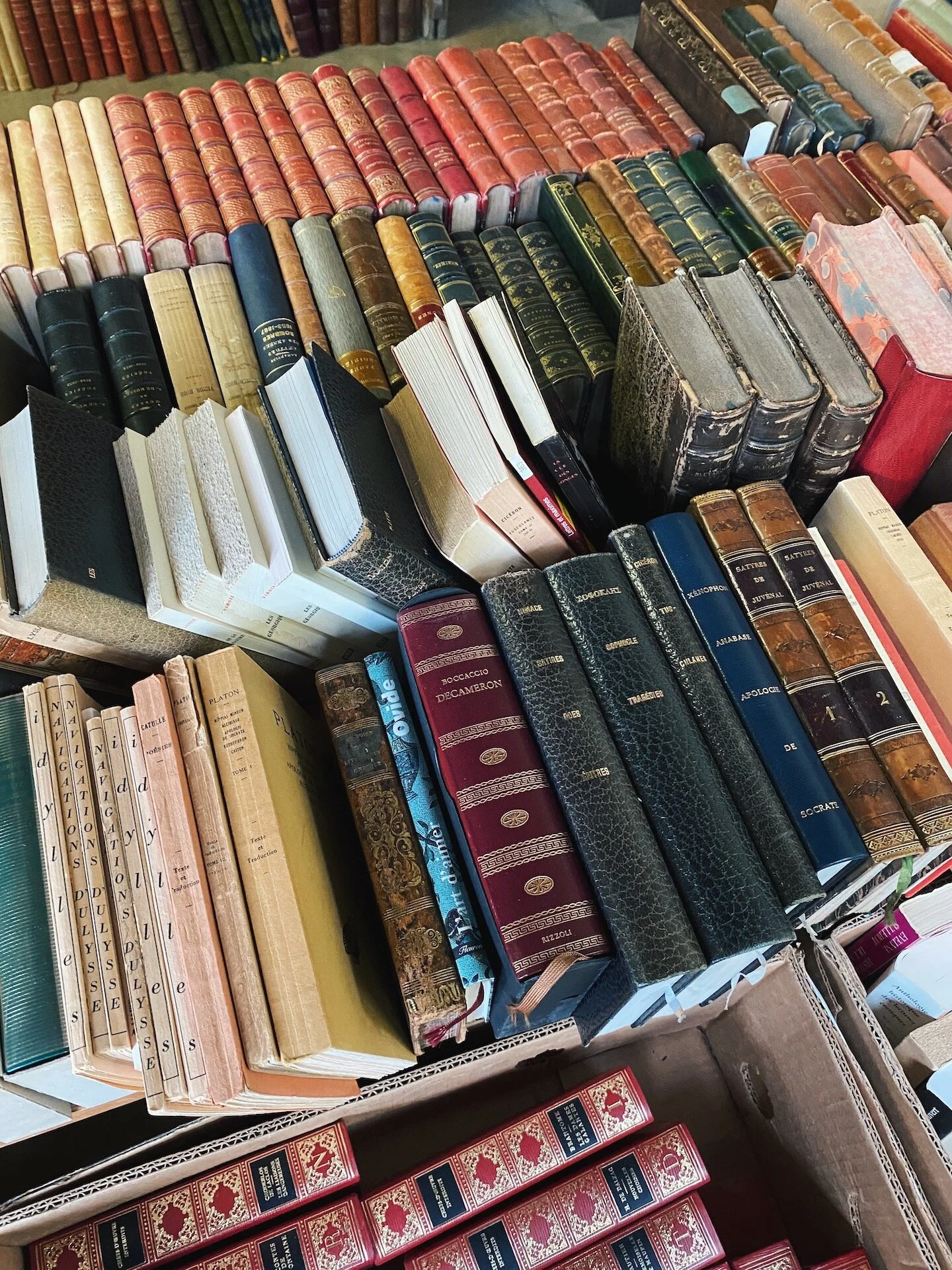

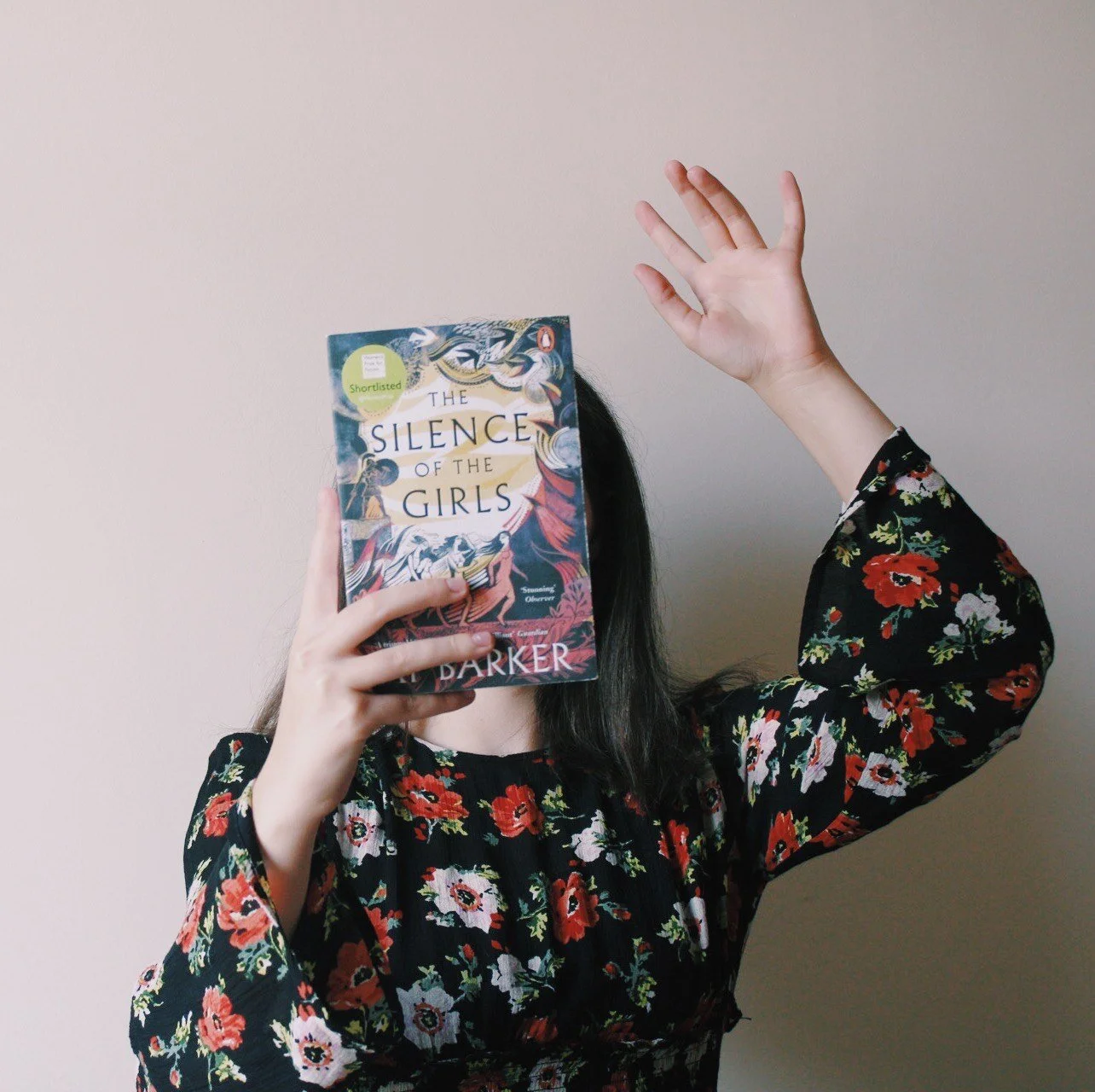
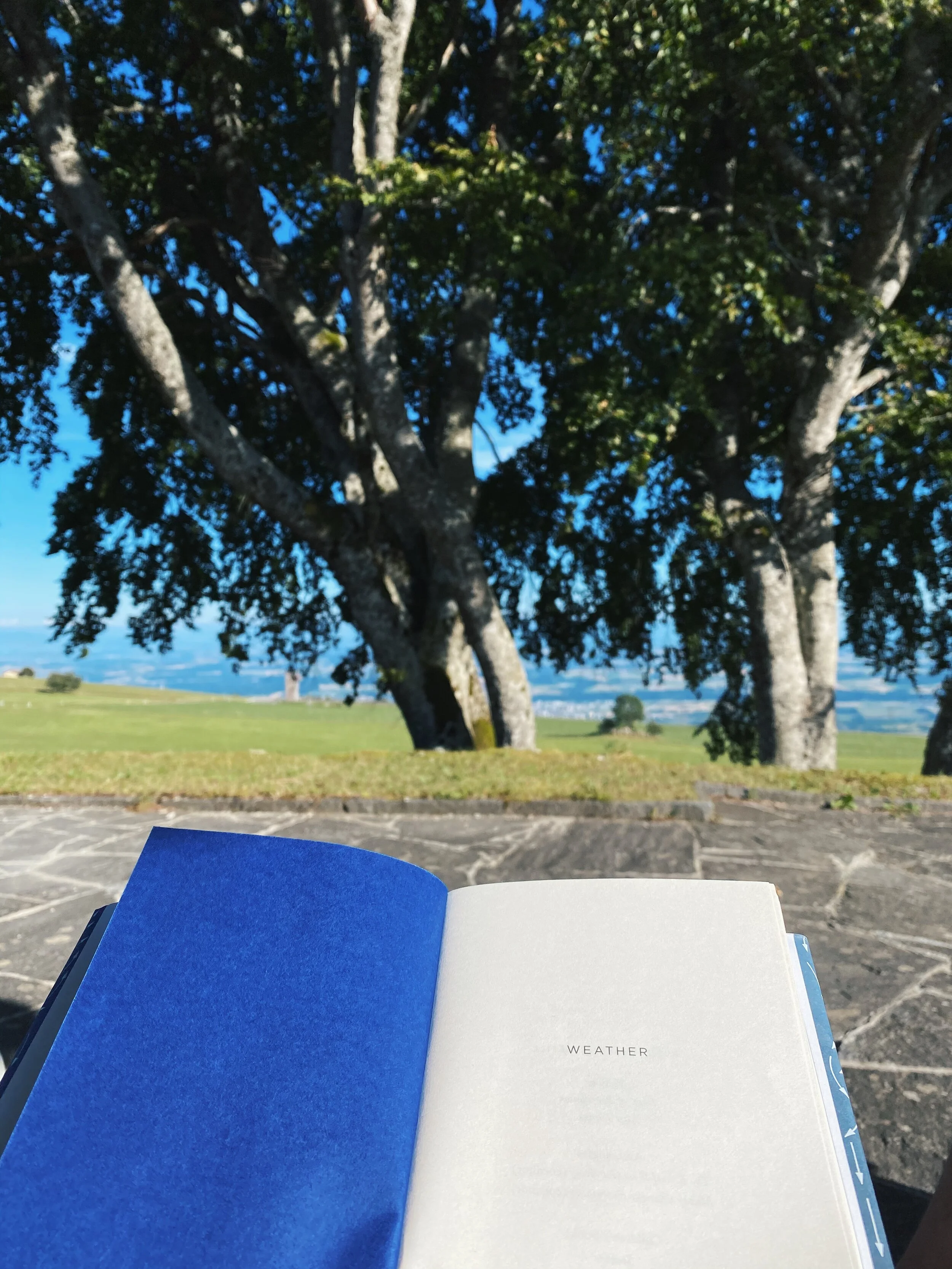
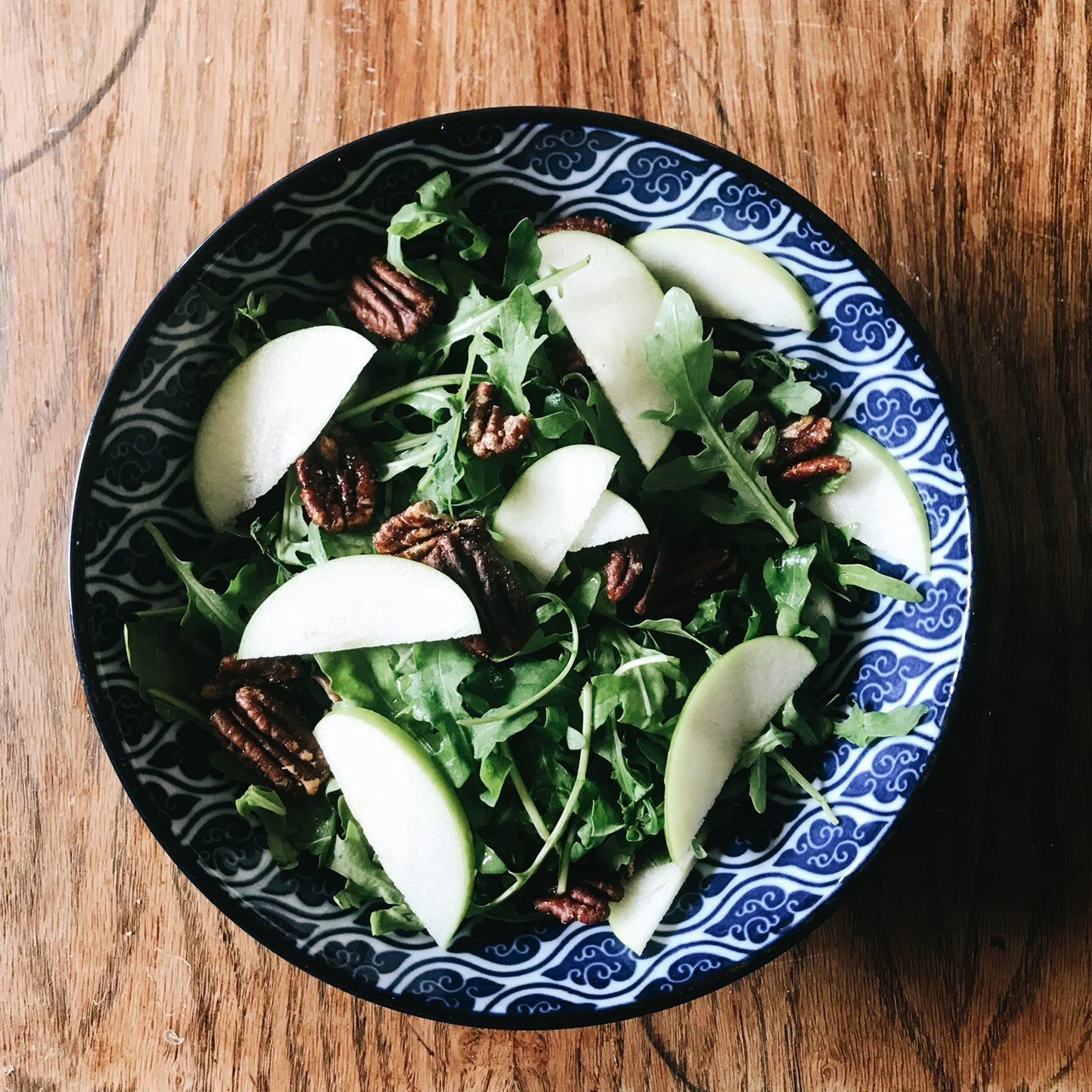

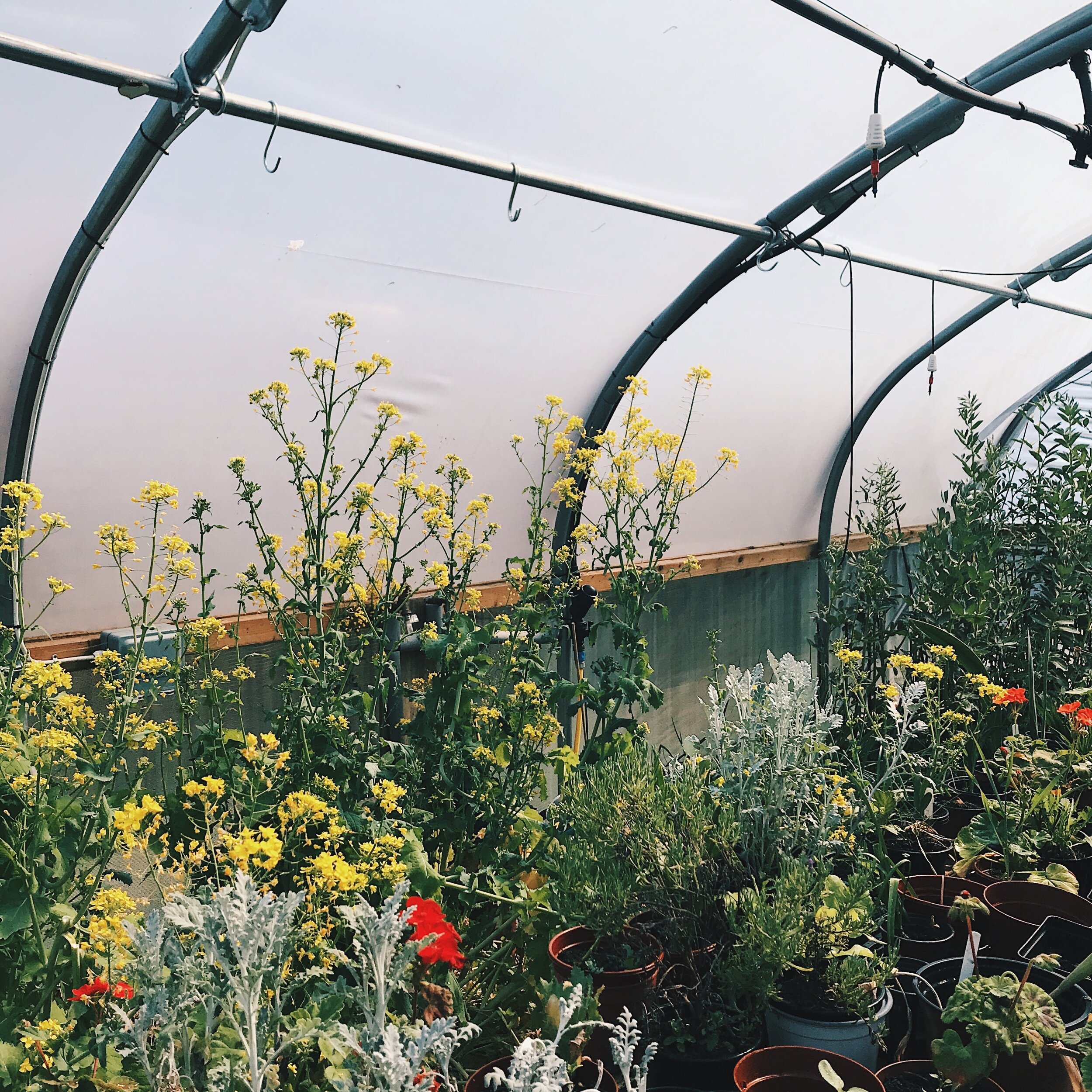
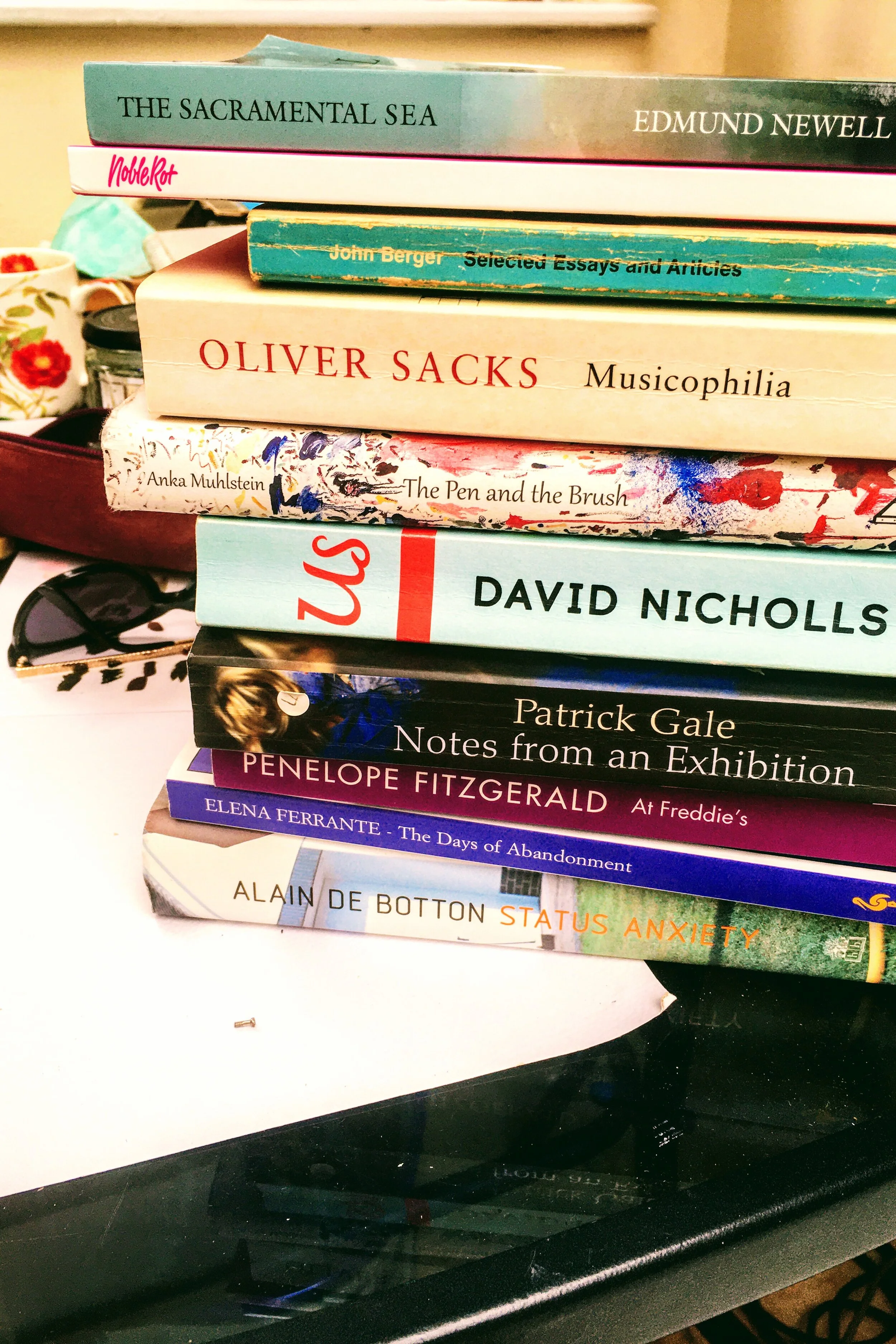

“Detransition, Baby is a book that crackles with life.” Culture Editor Eliza Campbell reviews the book we’re all thinking about.